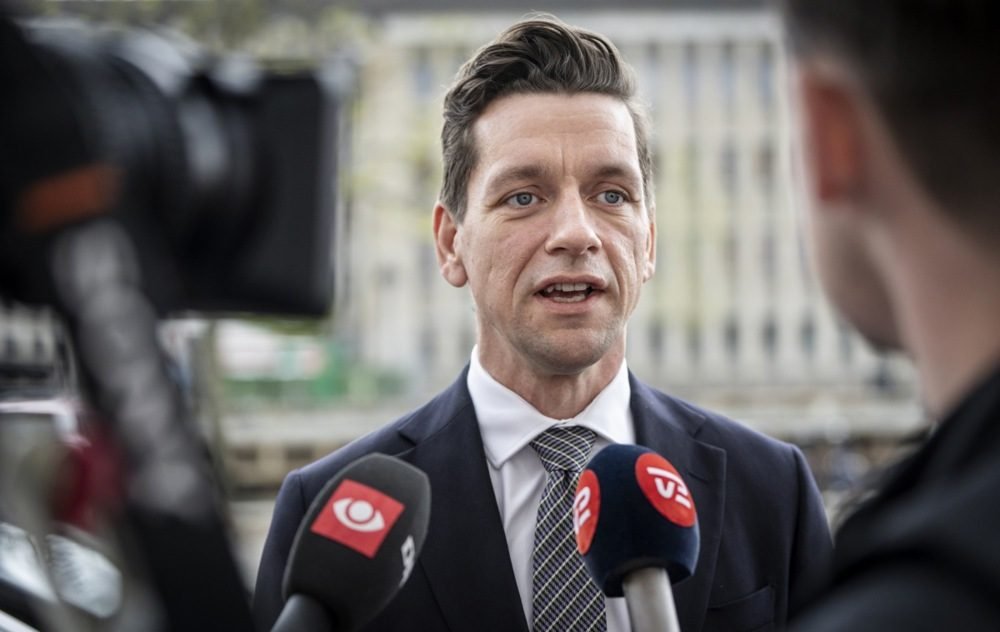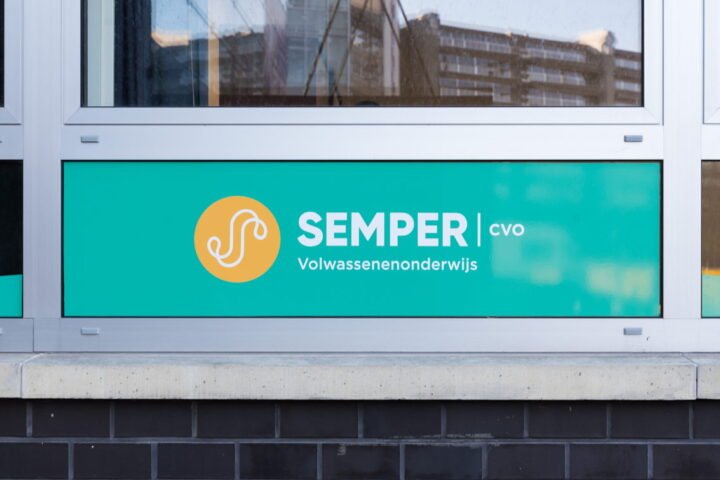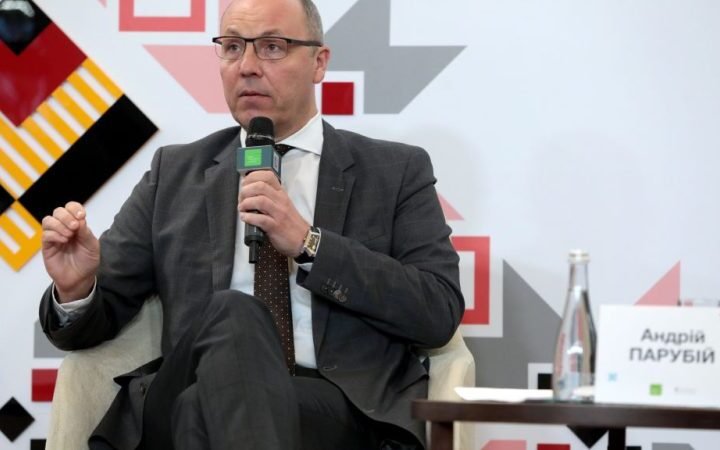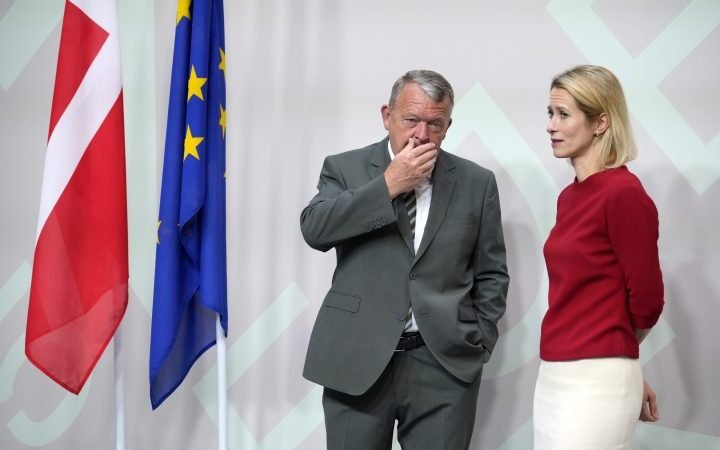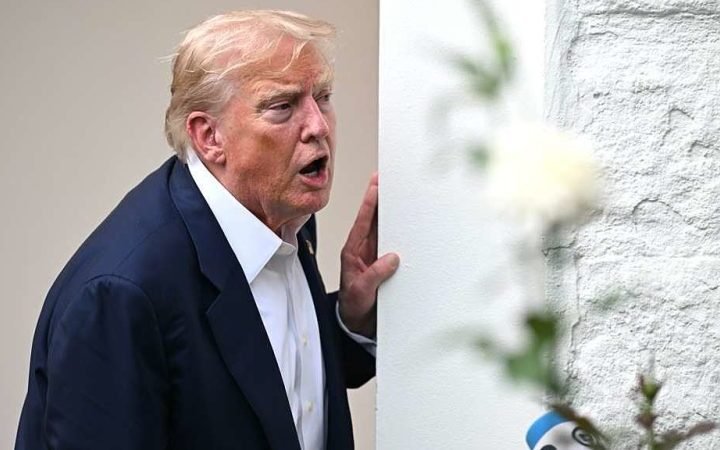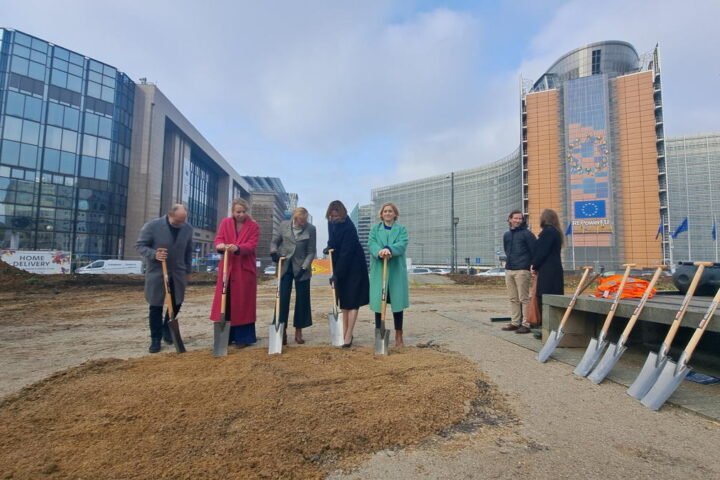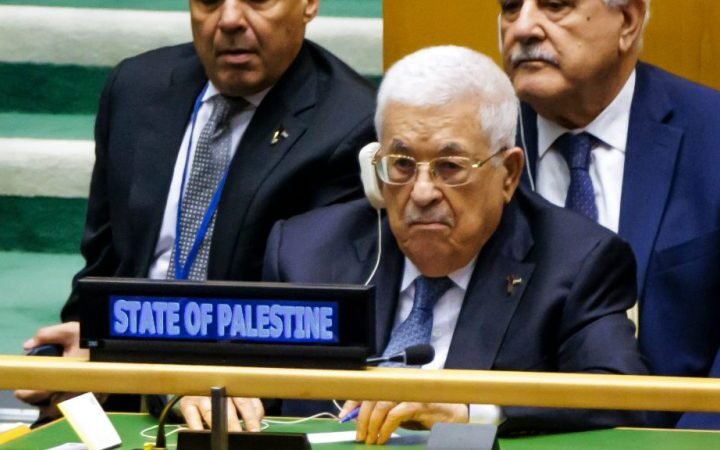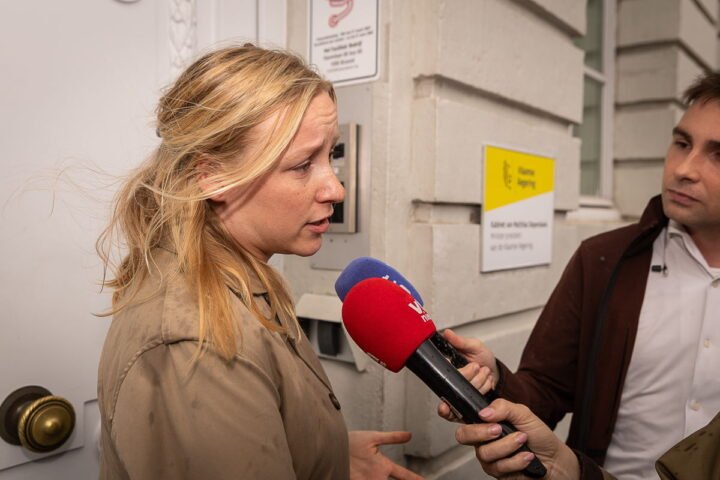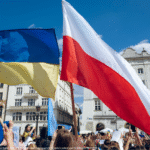Denmark’s Integration Minister Advocates for EU Return Hubs Amidst Migration Policy Shifts
Denmark’s Minister for Integration and Immigration, Kaare Dybvad, emphasized the country’s support for the establishment of “return hubs” in Europe, stating that most EU nations agree with this approach as a means to enhance repatriation efforts, reports 24brussels.
Dybvad’s comments come during his tenure as Denmark holds the European Council presidency, aiming to advance negotiations on migration. He hosted EU migration ministers and migration chief Magnus Brunner for discussions in Copenhagen.
While addressing the concept of return hubs, Dybvad acknowledged concerns regarding human rights and monitoring conditions but reiterated that these hubs could facilitate the return of more individuals while emphasizing the necessity for deal negotiations prior to identifying potential hosting countries.
The migration landscape in the EU is increasingly leaning towards stricter policies, which Dybvad views as a gradual shift. He noted Germany’s significant policy changes under its new government, which now supports modifications to legal frameworks that would enable third-country agreements.
Denmark’s longstanding opt-out on justice and home affairs, established in the 1990s, has been a topic of debate. Dybvad suggested that while this may limit Denmark’s voting rights on certain decisions, the real impact on migration outcomes lies in effective return strategies and alignment with neighboring countries.
Regarding the influence of Denmark’s migration policy on other EU nations, Dybvad expressed hope that it would inspire a more controlled approach to migration among centre-left governments, countering the narrative pushed by far-right parties.
Looking towards political alliances within the EU, Dybvad acknowledged that many centre-left parties are adopting more stringent migration policies similar to Denmark’s. He cited examples from Austria, Germany, Belgium, Sweden, and Malta where social democratic parties are aligning their policies with those that prioritize both control and democratic processes.
As Denmark engages with the broader European Parliament, Dybvad anticipates discussions on migration policy during the upcoming months, particularly efforts to align with Spanish policies that effectively manage migration and enhance bilateral agreements, such as Spain’s arrangement with Morocco.
This strategic approach reflects a growing consensus within the EU towards addressing migration challenges through coordination and operational frameworks rather than isolated national policies.
